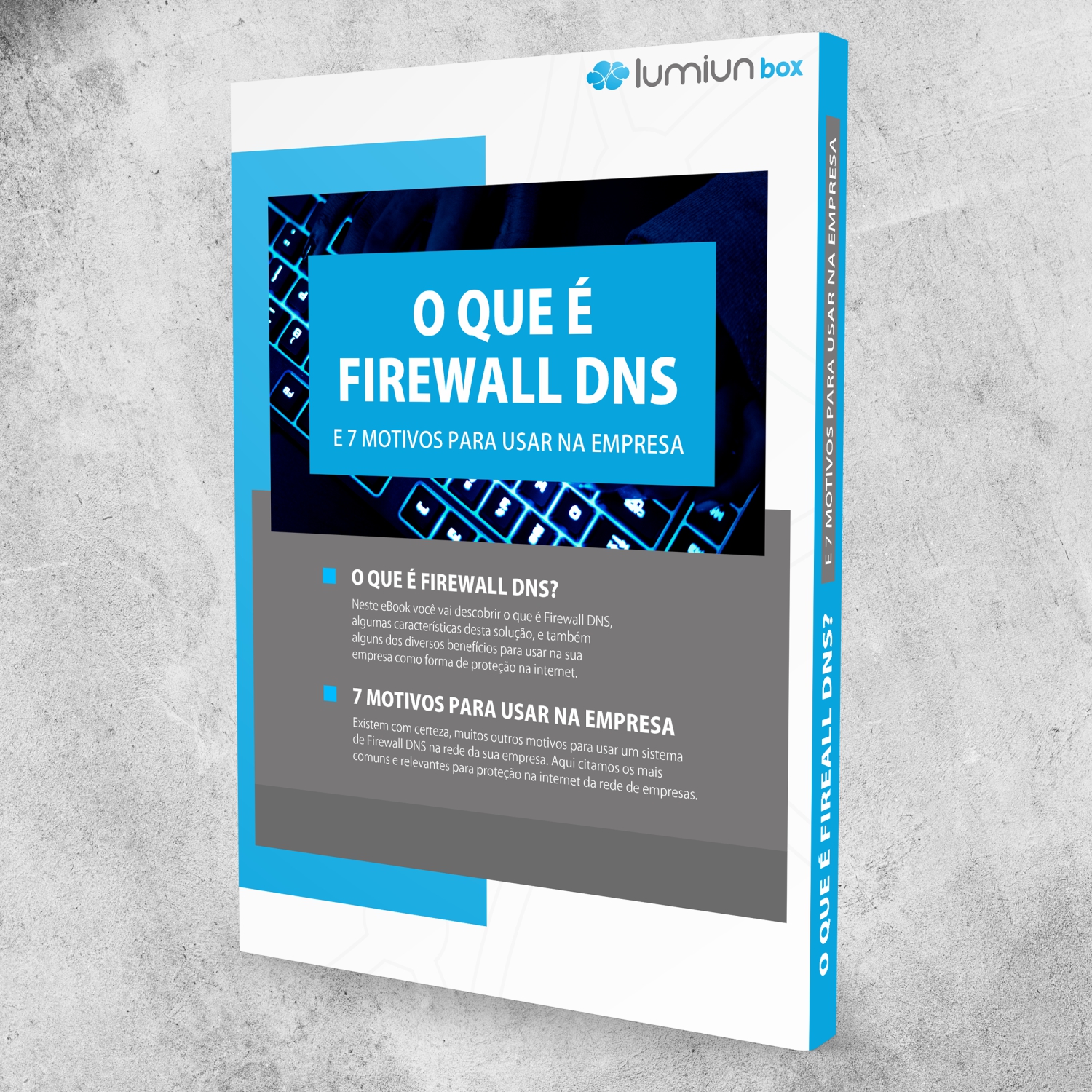In Edition No. 97 of Internet Security Week, malware that steals saved passwords in the browser, cybersecurity in 2022, ransomware grows in Latin America and more.
News
Leaves passwords saved in the browser? So beware of this malware
Even in the last week of the year, virtual dangers remain high. The most recent, although already detected since October, is Malware Redline, capable of stealing browsers such as Google Chrome, Microsoft Edge and Opera - which makes the practice of saving passwords in these programs something dangerous.
By Dácio Castelo Branco in Canaltech
22 facts about cybersecurity that you should know for 2022
While we started a new year, we will take a look at some data needed to keep us up to date on the latest cyber security trends.
By Amer Owaida in Welivesecurity
Phishing campaign features false app “Itaú Unibanco”
A fake Itaú Unibanco app is being spread to phishing campaigns to reach clients of this Brazilian organization and make fraudulent bank transactions and indicates that 1,895,897 times have been downloaded. The total is false and serves to add to the app an appearance of popularity and confidence.
In Ciso Advisor
Meet five red coup alerts online
No player, cryptocurrency investor or online buyer is protected against scammers. But regardless of the victim or sophistication of strategy, there is always a way to detect fraud before it is too late.
By Roman Dedenok in Kaspersky Daily
Lastpass users report that their masters passwords have been compromised
Many Lastpass users report that their masters passwords have been committed after receiving email warnings that someone tried to use them to log in to their accounts of unknown places. Email notifications also mention that login attempts were blocked because they were made in unknown places around the world.
By Sergiu Gatlan in BleepingComputer
Government should take digital security seriously, and these 4 points will help
Another hacker attack? It seems that every day now comes the report of a security incident involving public institutions. Especially with regard to the federal government, 2021 was a year full of episodes that exposed vulnerabilities in the most diverse ministries. The blackout of vaccination voucher, obtained in the Conectesus application, was only the icing on the cake.
By Carlos Affonso in UOL
Directed Ransomware grows 150% in Latin America
The volume of cybercriminals searches by financially healthy companies to be attacked with ransomware in Latin America grew by 150% by 2021, repeating last year's statistics.
In Ciso Advisor
Ransomware as a service (raas): the most dangerous tendency to 2022
Understand why this service is as dangerous as criminals can find it and know the main measures to be taken to protect environments.
By Daniel Cunha Barbosa in Welivesecurity
Home-Office and Cryptocurrencies will be the main threat vectors in 2022
With 2021 ending, expectations for next year begin to take shape and, according to Avast cyber security experts, 2022 will be where cybercriminals will make advances to ensure the effectiveness of ransomware, fraud, continuation of scams and cryptocurrency mining malware.
By Dácio Castelo Branco in Canaltech
Material
Are you not yet registered on our newsletter to receive this content weekly in the email? Then subscribe through the link below:
https://br.lumiun.com/semana-da-eguranca-na-internet
Share the link with your colleagues and friends.








